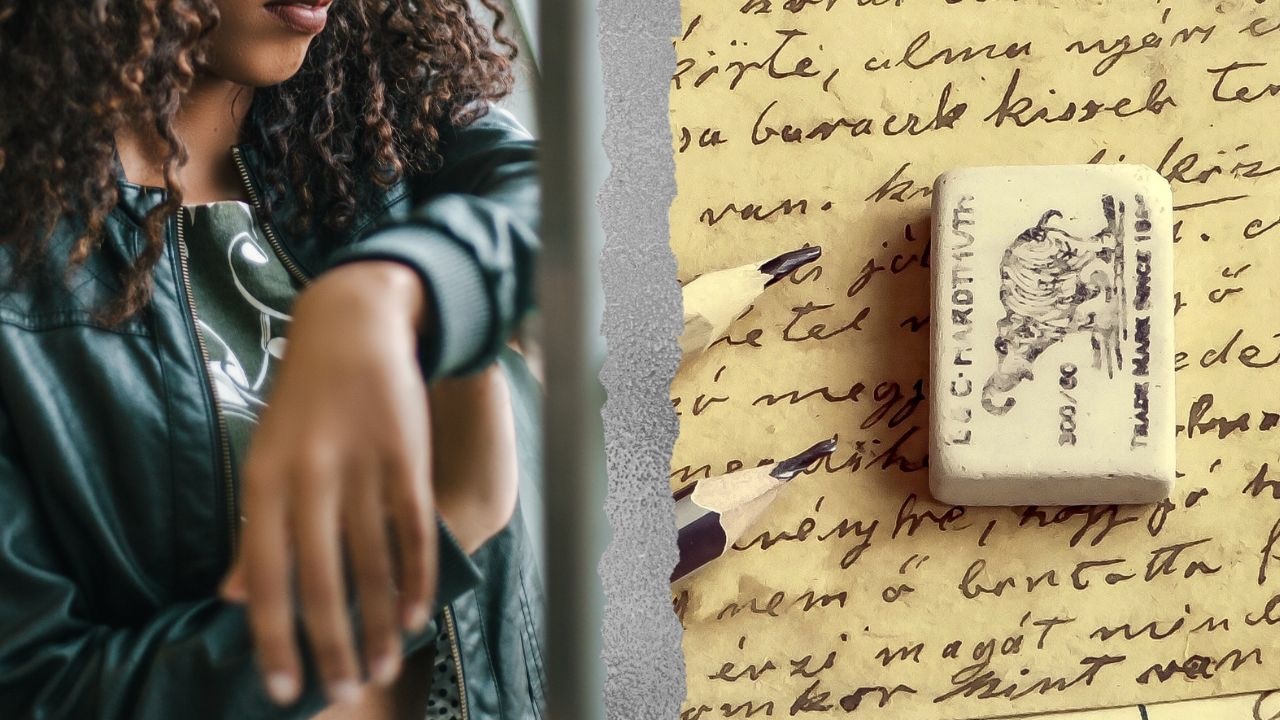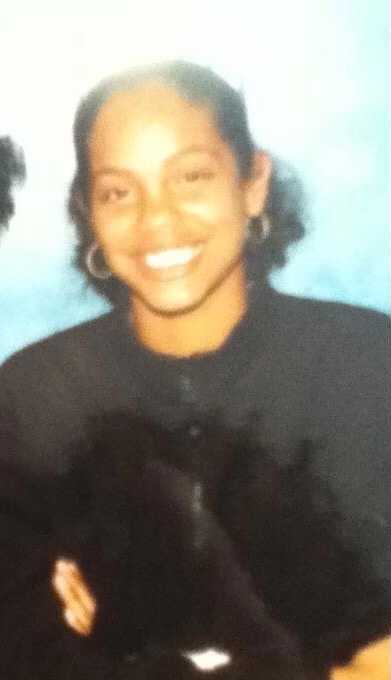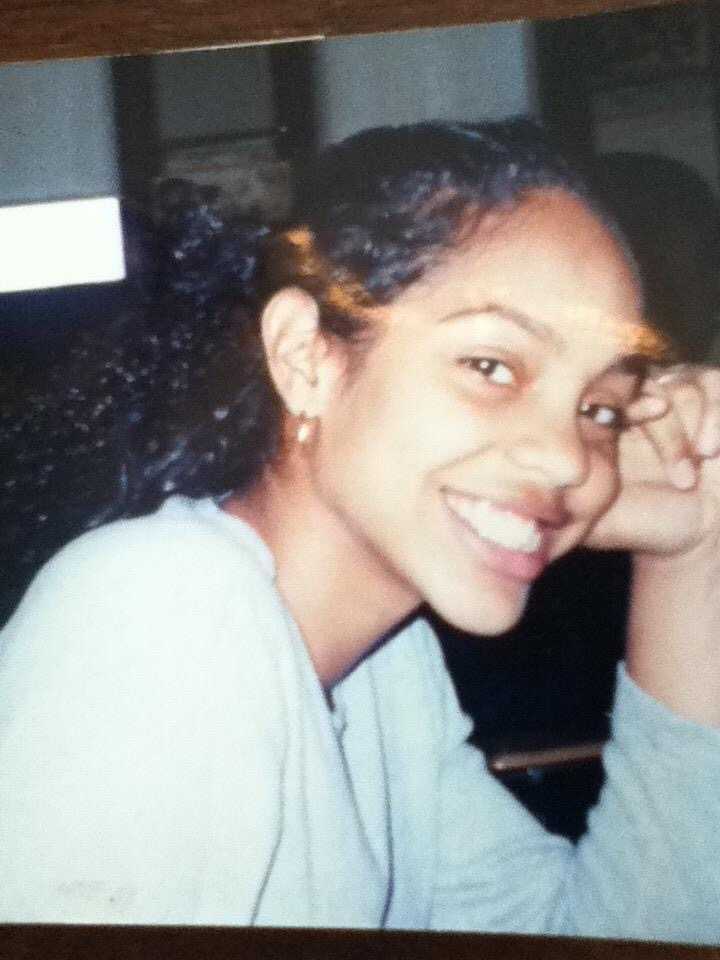
What I Remember
May 07, 2020I remember in 7th grade when one of my teachers, Mrs. B, did a terrible thing. My classmate was reading aloud. Slowly. Struggling through the lines. Working his way. Making gains. And doing it in front of all of us. You know what Mrs. B did? She blurted out, as he walked through the letters and words, “If you were half as fast reading as you were on the court, we would have been done by now. My God!” This was in liberal, progressive, and non-racist, bastion-of-freedom Massachusetts.
And so later, when my head cold had evolved into an acute sinus infection, then bronchitis, and then into pneumonia (that affected my respiratory system until this day) and I had missed 12 days of school and I was simply trying to return and get the basics done, she said, “She’s just not the same anymore.” And my mother, angrily begged, “She was very sick at home. She had pneumonia. Please, give her a chance.” Her stubbornness wasn’t lost on me, nor was it a surprise. What she didn’t know was that doctors weren’t really supporting me and that it took me longer to recover. Until, a Dominican family friend who was also a doctor came over, checked me in the middle of one of my highest fevers, and it was his recommendations and prescriptions that led me to heal.
I remember the first day of high school when the 9th-grade class was brought into the auditorium and were told that half of us wouldn’t make it to graduation. The shock was deep and the questions lingered. I looked to my left and right and wondered who wouldn’t graduate and why. I also committed to making it because my immigrant parents didn’t come all the way here for me to fall to some statistic or mythical monster that makes you fail. The moment is one I’ve yet to forget and I’m 36. And all the teachers stood in the back, like guardians of the space, like prison guards blocking our exit. They said nothing. Their silence was loud.

I remember in tenth grade when my PE teacher was looking to argue with me because I had testified before the city’s school committee. She figured instigating a fight was the excuse she needed to get me suspended. I knew she’d have administrative support, so I didn’t let her win. She’d make sarcastic critiques about my testimony when I asked to use the restroom when I wanted to take a break if I was talking to a peer. Literally, any chance and she stepped right in.
She didn’t appreciate what I was saying at these meetings because it revealed that the teachers (in general) were not there for us. How could they have never mentioned that many of our bathroom stalls were missing doors? How could they have never mentioned that sometimes the heaters didn’t work and we sat in class with coats, hats, and gloves on (for those who had them) trying to complete classwork? How could they not say that the only bathroom in the gym area for physically disabled students also had no stall? How could they have missed that, if they were indeed “for the children?”

I remember senior year being questioned for standing at my locker in between classes. She got close up in my face. She opened her mouth wide. I remember smelling her lunch. She screamed so loud. At that point, though, I wasn’t the one. I had developed the rough exterior necessary to deal with these White teachers. I gathered my belongings, slammed the locker, and with the mature calmness of an experienced racism-resistor, told her she would also be in detention considering she was also not in class.”What are YOU doing in the hallway?” She stood in shock, probably at my self-advocacy more than anything else.
I wish I didn’t remember all of this. I wish there weren’t even more memories. I wish I could forget.
And I think that what I learned is that White supremacy doesn’t just look like White men, real scary-like, in robes, with pitchforks, violently screaming racial slurs at us. But it can look like White women who don’t care. Who don’t listen. Who are there to collect their paycheck and see their “tough love” in our communities as charity. That their friends and acquaintances see their daily drive across town (of course) as their way of doing “something great” for “those kids” and making their country a better place. And that White supremacy can be calm, quiet, sitting at a desk, following the rules, saying things beneath its breath, not calling on us, not walking over when we’re sick, mocking us, absent forever, laughing with each other in the hallway, and simply being part of a system that is killing us. All while wearing cute sweaters in craftily decorated classrooms.
This blog post is part of the #31DaysIBPOC Blog Challenge, a month-long movement to feature the voices of indigenous and teachers of color as writers and scholars. Please CLICK HERE to read yesterday’s blog post by Valeria Brown (and be sure to check out the link at the end of each post to catch up on the rest of the blog circle).

Don't miss a beat!
Get our blog delivered to your email whenever we post!
We hate SPAM. We will never sell your information, for any reason.

